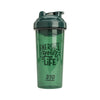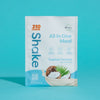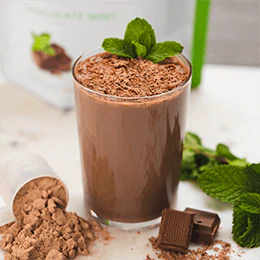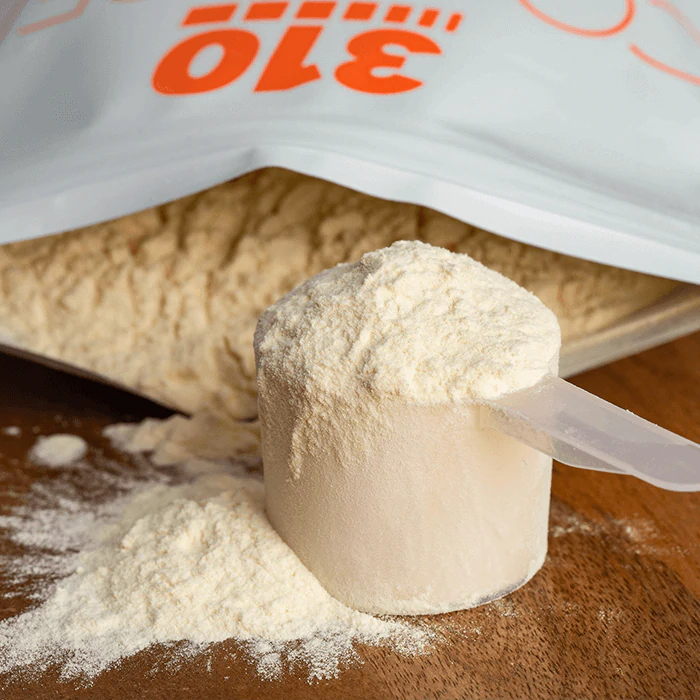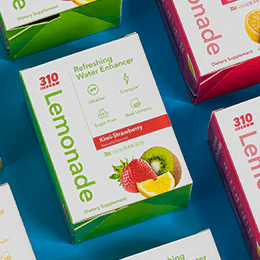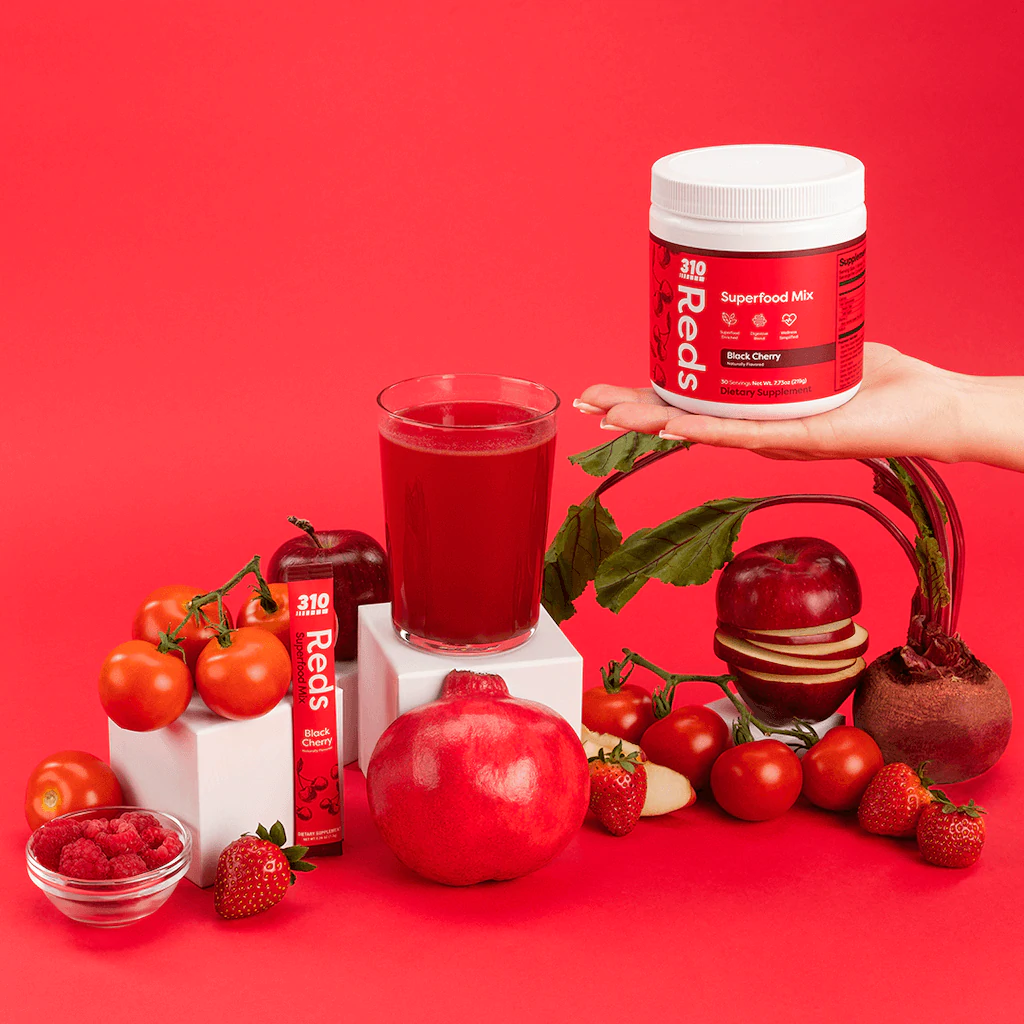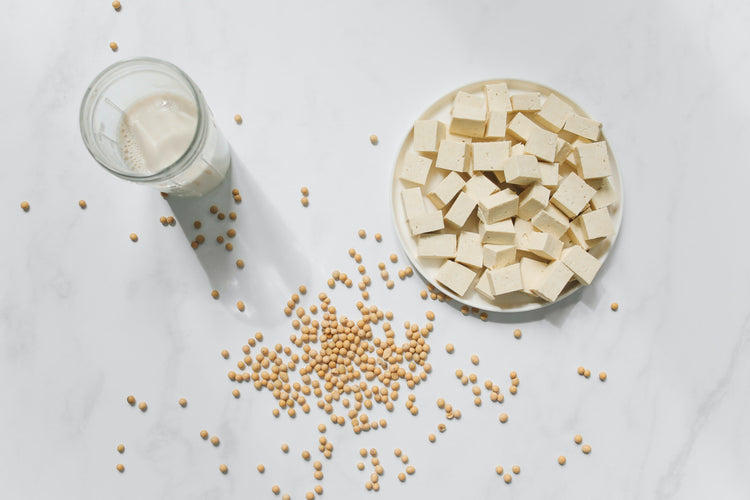If protein was a movie, soy would be the villain. From conflicting information to contradicting research results, there’s a lot of controversy surrounding soy—especially in regards to its estrogenic or hormonal effects.
But is soy really all that bad for you? Keep reading as we attempt to uncover the answer to this much-debated question.
What Is Soy?
Soy is a plant-based protein that comes from the soybean. It’s a complete protein, meaning it contains all nine essential amino acids that your body cannot produce itself. (1,2,3)
This isn’t as common for plant-based protein sources, which tend to lack one or a few amino acids. Its high-protein content and versatility make soy a popular meat alternative for vegetarians and vegans—and those looking to cut back on saturated fats. (4)
It’s also a popular food item used for centuries in traditional Asian cuisine. (4) Although it’s not a favorite in western countries, you can still find soy in a wide variety of food products. These include soy milk, soy sauce, tofu, tempeh, edamame, miso, and soy powder supplements. (2,4) It’s also a common dairy substitute in some vegan cheeses and yogurts. (5)

Is Soy Bad for You?
Even with its long history in many Asian countries, soy doesn’t have the best reputation in western parts of the world. In the U.S., it’s become a controversial protein source due to its potential risks of estrogenic hormone disruptions in the body. (3)
There is also some concern that it might cause abnormal tissue growth in the uterus, induce thyroid problems, or result in unwanted side effects such as constipation, bloating, and fatigue. (1)
Does the research support these claims? In short, the jury’s still out. Let’s dive into some of the biggest risks and side effects associated with soy:
Soy Risks and Side Effects
Soy and Estrogen
Powerful compounds found in soy that get a lot of attention are called isoflavones. Isoflavones are “phytoestrogens" that have a similar structure to the hormone estrogen and can often mimic its effects. (1,4) As estrogen-like compounds, isoflavones may help ease certain side effects of menopause, like hot flashes for example. (3,5) And they may have some powerful antioxidant health benefits, like helping to reduce oxidative stress. (4)

But these compounds are also the main component of concern when it comes to soy’s hormone reputation. There are still questions in the scientific community about how safe it is to consume, especially in high amounts. Some studies state that yes, soy impacts your estrogen and testosterone levels. But others report opposite results. (5)
And studies on rodents found that those exposed to isoflavones were more at risk of developing breast cancer. (4,6) But rodents process soy differently than humans do. (6) So what does that mean for our risk? Well, according to several human studies on the estrogen impacts of soy, our risk could be dramatically lower than those of rodents. (6)
Yet a lot of this research comes from observing populations in East Asia, like Japan, where soy is often non-GMO, fermented, and minimally processed, unlike a lot of soy products in America. (5,7) Does this make a difference when looking at estrogen hormone disruption? We don’t have enough research to know for sure.
All these unknowns surrounding the hormonal impacts of soy are a big reason why many people choose to avoid it. (5)
Thyroid Issues
Another concern surrounding soy is that it may negatively impact the function of your thyroid. This gland, located in your neck just above your collarbone, handles the production of metabolism hormones. (8)

Some studies have found that isoflavones could decrease your thyroid hormone levels, possibly affecting the health of your digestive system. (5,9) This could leave you feeling tired, sore, or constipated. And it makes weight loss that much more difficult. (9)
Health Benefits of Soy
But it’s not all bad news! Not only is soy a complete protein source but it’s low in carbs and incredibly nutrient-rich. (3,4)
Soy contains:
- B vitamins
- Fiber
- Potassium
- Magnesium
- Iron
- Zinc
- Calcium
- Essential fatty acids
- Bioactive compounds and phytonutrients
And some studies show that soy could help lower cholesterol levels, possibly supporting a healthier heart. But this relationship between soy and heart health has inconsistent results across many studies. Most of the ones reporting positive findings often rely on a high intake of soy to have any kind of impact. (3)
These results are inconsistent enough that the Food and Drug Administration (FDA) is considering pulling the health claim that soy can reduce your risk of heart disease. And if this happens, soy products can’t make any heart-healthy claims. (10)
It’s also important to note that cutting out high saturated fat foods (like fatty meats) and replacing them with healthy fats (like fish or nuts) is going to positively impact your heart health. So you don’t need soy to have a healthy heart. What your heart needs is a healthy diet.
Bottom Line: Enjoy in Moderation but Avoid Soy Supplements
So… is it good for you or not? The answer: it's complicated.
We need more human research to better understand what’s going on with soy. After all, most of the concerns about the adverse impact of soy on thyroid function and hormone disruption come from animal studies. (4)
But based on what we know today, there’s no need to cut out soy entirely. Enjoying soy-based foods in moderation as part of a healthy diet is not likely to have negative effects. (5) And it could even have positive impacts like lowering cholesterol levels and decreasing symptoms of menopause. (Especially if you’re replacing your red meat with soy instead!)

However, until the research is more conclusive, nutritional experts recommend avoiding soy isoflavone supplements, like soy protein shakes, powders, or bars. (6) These contain high isoflavone concentrations. Instead, aim to get your soy from organic, non-GMO, and minimally processed whole soy food options like soy milk, edamame, or tofu. (5,6,10)
Tri-Plex Protein Blend: 310 All-In-One Meal Replacement Shakes
Given soy is a controversial ingredient with potential adverse health effects, our 310 Shakes do not contain soy protein. Instead, all 310 Shakes, including our brand-new 310 All-in-One Shake, use a blend of three different plant-based proteins to form a healthy and complete protein solution.
These three proteins include pea, pumpkin seed, and brown rice protein. Each component of this Tri-Plex™ blend has researched-backed benefits that support overall health and weight loss.
Each shake also offers ingredients to help you feel your best in mind and body—including vitamins, minerals, probiotics, enzymes, and adaptogens.
Learn more about our New 310 All-In-One Superfood Shakes and other healthy eating topics right on our blog. And head to our 310 community to join the conversation and get the support you need on your healthy weight loss journey.
Sources:
- https://www.webmd.com/vitamins/ai/ingredientmono-975/soy
- https://www.everydayhealth.com/diet-nutrition/best-plant-based-sources-of-protein/
- https://www.hsph.harvard.edu/nutritionsource/soy/
- https://www.ncbi.nlm.nih.gov/pmc/articles/PMC5793271/
- https://draxe.com/nutrition/is-soy-bad-for-you/
- https://www.cancer.org/latest-news/soy-and-cancer-risk-our-experts-advice.html
- https://www.breastcancer.org/managing-life/diet-nutrition/breast-cancer-risk-reduction/foods/soy
- https://medlineplus.gov/thyroiddiseases.html
- https://www.webmd.com/food-recipes/features/how-good-is-soy
- https://www.health.harvard.edu/staying-healthy/confused-about-eating-soy

